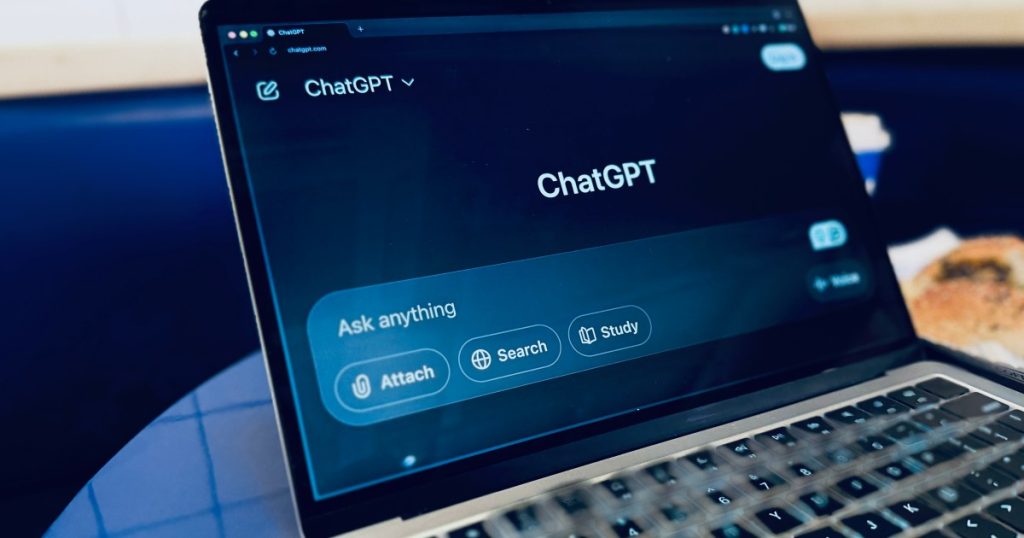In June, OpenAI acquired io, a company started by famed Apple designer Sir Jony Ive. Ever since the acquisition was announced, there have been wild speculations about ChatGPT-powered gear, but so far, no official revelation has been made regarding the device(s) borne out of the partnership. Now, a reliable outlet reports that the AI giant is working on a whole line-up of AI hardware.
What’s the big plan?
According to The Information, the company has been poaching top hardware talent from Apple and working with supply chain players that have been long-term partners of the company. And it seems there are a whole bunch of AI-powered gadgets planned for the foreseeable future.
“One of the products OpenAI has talked to suppliers about making resembles a smart speaker without a display, the people said. OpenAI has also considered building glasses, a digital voice recorder, and a wearable pin, and is targeting late 2026 or early 2027 for the release of its first devices, one of the people said,” claims the report.
The Wall Street Journal recently reported that OpenAI is working on a “new device that will move consumers beyond screens.” It is, however, unclear what exactly it looks like, and whether it’s going to be a wearable.
The big picture
Before OpenAI announced its multi-billion dollar acquisition, the two companies had already worked together in secret for a couple of years, exploring “headphones and other devices with cameras.” It appears that the first AI device from OpenAI will be hybrid in many ways.

“The product will be capable of being fully aware of a user’s surroundings and life, will be unobtrusive, able to rest in one’s pocket or on one’s desk, and will be a third core device a person would put on a desk after a MacBook Pro and an iPhone,” The Wall Street Journal exclusively reported in May.
So far, multiple companies have experimented with AI hardware. Humane’s AI Pin proved to be a short-lived failure, and the Rabbit R1 isn’t making any huge waves either. The Plaud Note is an exception and has done exceedingly well. It would be interesting to see how OpenAI manages to shake up a nascent segment and find its “iPhone moment.”

